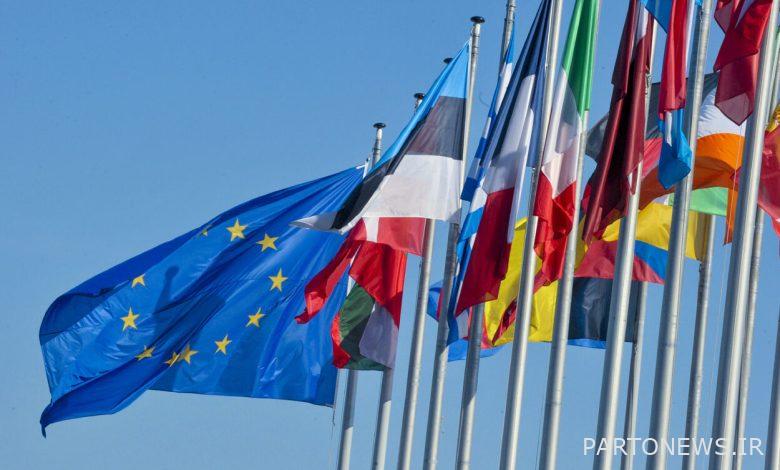New EU approach to the return of asylum seekers

The interior ministers of the European Union, including Greece, Poland, Italy and France, as well as Switzerland and Norway, attended a border security conference in the Lithuanian capital, IRNA reported Saturday, quoting The Independent.
EU Commissioner for Home Affairs Yelva Johansson and heads of European security agencies such as Europol and Frantex also attended the meeting.
Ministers attending the meeting called the influx of asylum seekers significant and called for swift action, including strengthening the EU’s borders and curbing human trafficking to protect the lives of EU citizens and the lives of asylum seekers and migrants from the Middle East, Africa and Asia. Getting to Europe takes the risk of these dangerous journeys.
“If we create a European return system, we can do more work on returns (asylum seekers),” said the EU commissioner for home affairs.
He stressed that all EU member states should purposefully inspect travelers in front of related databases when entering and leaving the Schengen area.
Greek Minister of Immigration Notis Mitarapi said that the current system is not effective, adding that if people have the right to enter any EU member state without providing documents and without legal procedures, then the whole Schengen visa system is meaningless.
According to the report, Poland is set to start building a tall, permanent metal wall equipped with electronic surveillance systems along its land border with Belarus to prevent illegal asylum seekers from entering the country.
According to figures recently released by the European Border Agency, the influx of asylum seekers into Europe has increased by 57% in 2021. The watchdog’s analysis shows that the gradual lifting of travel restrictions imposed in the early days of the coronavirus virus is not the only cause of the influx of migrants to Europe, and there are other factors involved.
According to the European Border Agency, one of the “determinants” of the rising number of asylum seekers arriving in Europe is the crisis in Belarus. The population of migrants entering the countries bordering Belarus (Poland, Lithuania, Lithuania) has grown significantly in the past year; Thus, this number has increased from 677 illegal entries to nearly eight thousand people.
By November 2021 (early November), more than 84 million people worldwide had been forced to emigrate, according to the United Nations High Commissioner for Refugees (UNHCR), a record number for 2019 and 2020. It was considered, it is more.
Violence and conflict are unfortunately one of the causes of migration, forcing people to leave their homes in search of a better life. Conflicts, especially in Africa, caused large numbers of people to be displaced within their borders or in neighboring countries by 2021.
.

